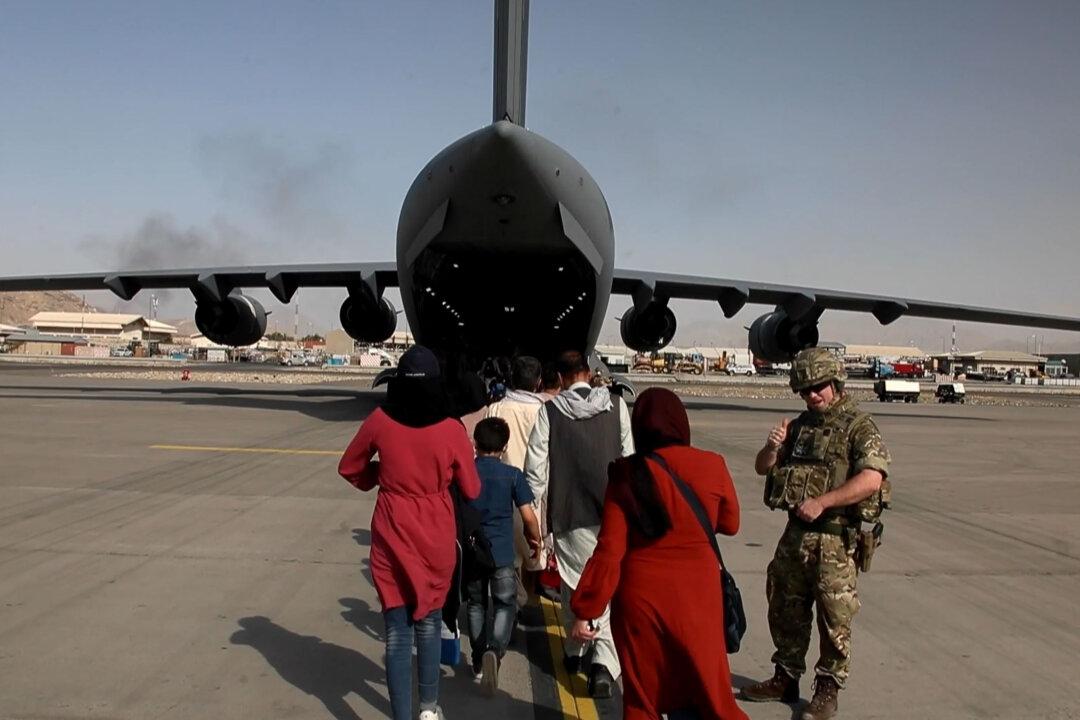The UK’s handling of the military withdrawal from Afghanistan and the evacuation from Kabul will be scrutinised as part of a broader inquiry announced today by the Commons Foreign Affairs Committee.
The inquiry will not only probe for mis-steps by the Foreign Office, but also try to understand how the Taliban’s dramatic return to power may have reshuffled the geo-political deck.





